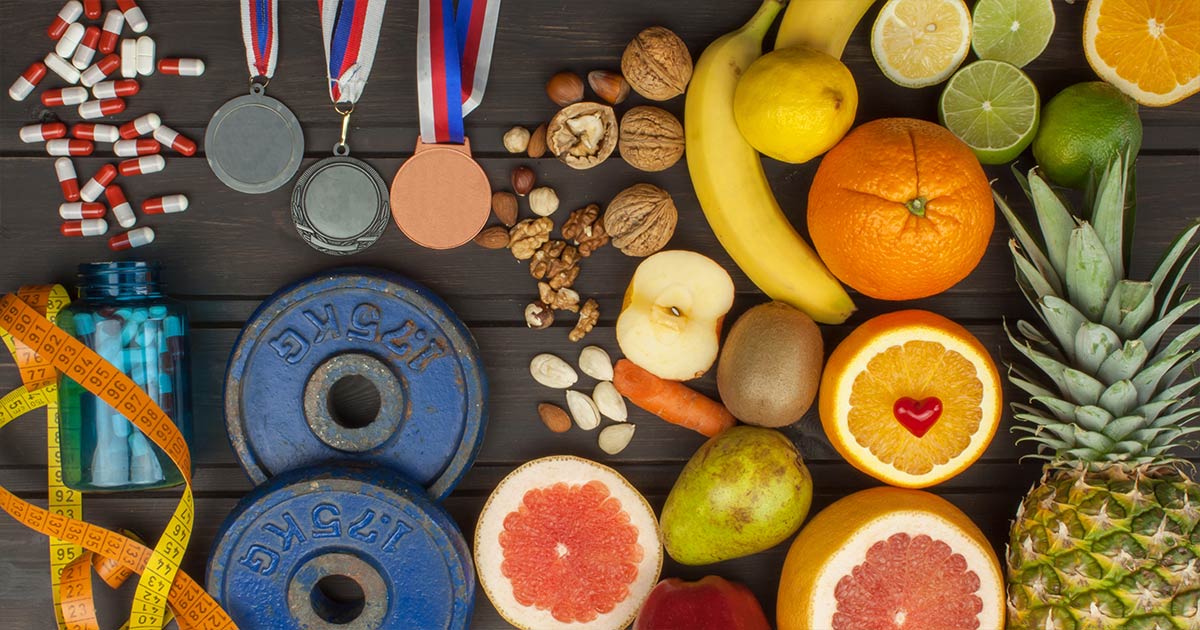Success in any sport does not rely solely on intense training or natural talent it is deeply rooted in proper nutrition. For athletes aiming to reach peak performance and maintain long-term wellness, understanding sports nutrition is not just helpful, it is essential. A well-balanced diet tailored to athletic goals can significantly boost energy, enhance endurance, support muscle recovery, and improve overall results. Here are some positive and empowering nutrition strategies every athlete should embrace to maximize performance and feel their best every day. First and foremost, hydration is the foundation of any athlete’s nutritional plan. Water supports virtually every function in the body, from regulating temperature to lubricating joints and delivering nutrients to cells. Athletes should drink water throughout the day and especially before, during, and after training sessions. For longer workouts, sports drinks with electrolytes can help maintain balance and prevent fatigue. Staying properly hydrated improves focus, reduces the risk of cramps, and enhances stamina giving athletes an edge in both training and competition.

Next, fueling the body with the right balance of macronutrients carbohydrates, proteins, and fats is critical. Carbohydrates are the primary source of energy for athletes. Whole grains, fruits, and vegetables provide complex carbs that deliver steady energy and essential vitamins. Proteins are vital for muscle repair and growth. Lean meats, eggs, dairy, legumes, and plant-based protein sources ensure muscles recover quickly and grow stronger after workouts. Healthy fats found in avocados, nuts, seeds, and olive oil support brain health and hormone production, both essential for high-level performance and pop over to these guys. Timing of meals also plays a significant role. Eating a well-balanced meal with carbs and protein about two to three hours before a workout provides sustained energy. A small snack 30 minutes prior can further enhance performance without weighing you down. Post-exercise nutrition is equally important consuming a protein-rich meal or shake within 30 to 60 minutes after training helps repair muscle tissue, replenish glycogen stores, and speed up recovery, making the next session more productive.
Micronutrients should not be overlooked. Vitamins and minerals like calcium, vitamin D, magnesium, and iron are crucial for bone strength, oxygen transport, and energy metabolism. Including a colorful variety of fruits and vegetables in the diet ensures athletes get the full range of nutrients necessary for optimal body function and reduced injury risk. In addition to food choices, mindset and consistency are key. Athletes should view nutrition as a positive lifestyle habit rather than a restrictive chore. When approached with enthusiasm and purpose, proper nutrition becomes a source of empowerment. Planning meals, experimenting with healthy recipes, and tracking progress can all contribute to motivation and long-term success. Ultimately, sports nutrition is not about perfection it is about making smart, consistent choices that support your body, goals, and passion. Every meal and every sip of water is a step toward becoming faster, stronger, and more resilient.